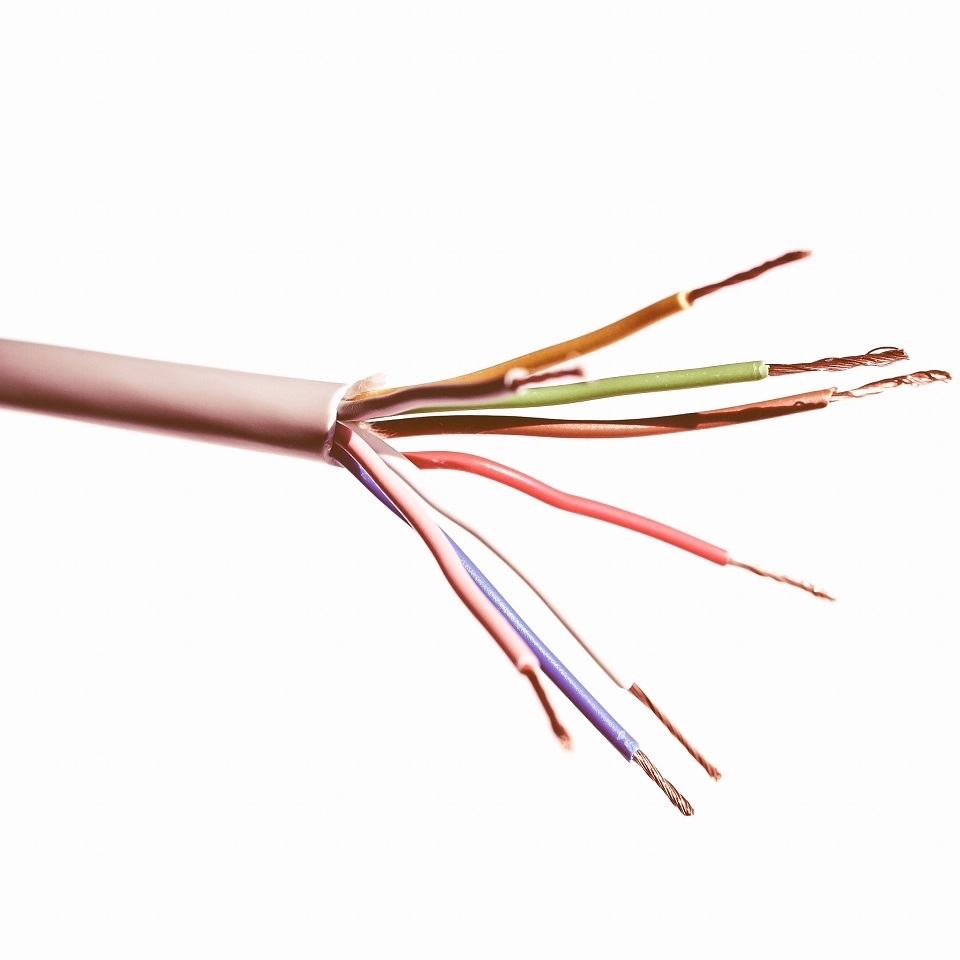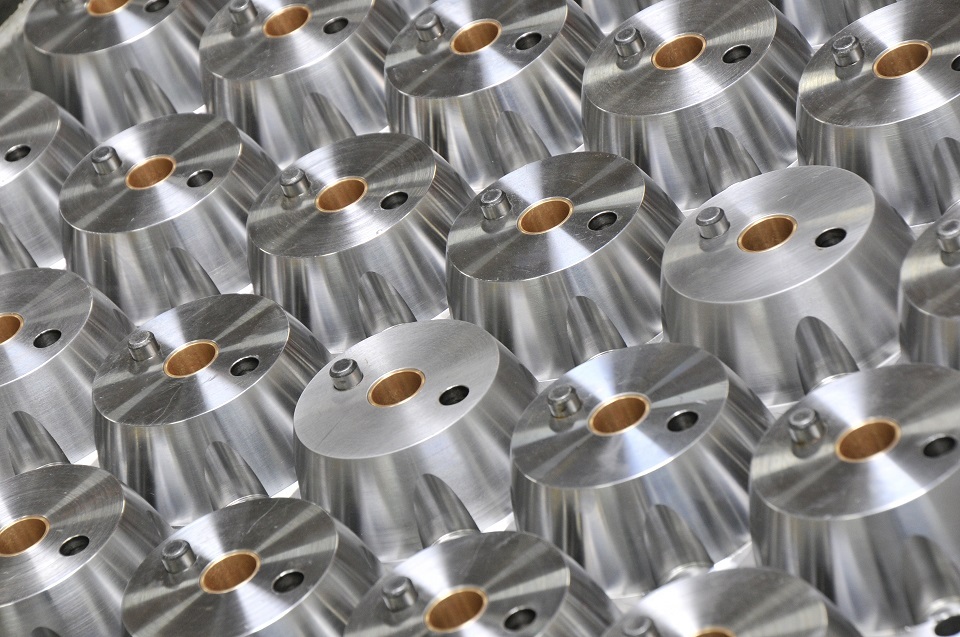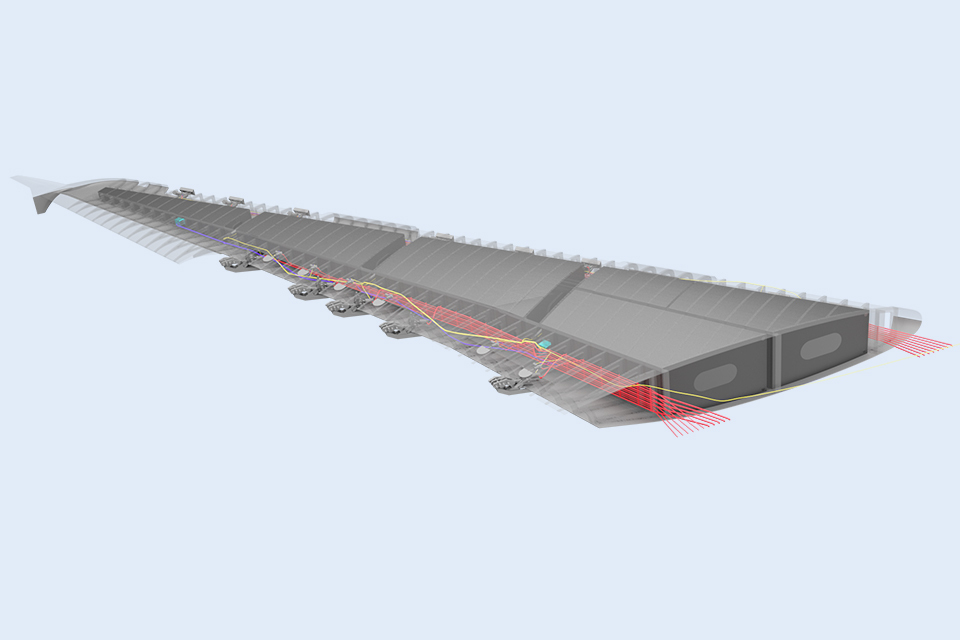RESEARCH PROJECTS
Technology leadership through research
Taking technology leadership is what counts for Noesis Solutions. Therefor we take part in key research projects sponsored by various official organizations, including the European Commission. The aim of our research activities is capitalizing on new trends by developing enabling technologies to address future PIDO challenges.
IDEaliSM
Integrated & distributed engineering services framework for MDO
IDEaliSM targets a drastic improvement of the time-to-market and development cost of high-tech structures and systems. The researchers aim at achieving a radical change in the product development process. They integrate people, process and technology by enabling the continuous integration of a new distributed, flexible and service-oriented development framework for multidisciplinary design and optimization. Noesis contributes to the project by developing the integrating software framework for cloud-enabled design analysis and optimization.
Project information can be found on the IDEaliSM web page.
Project partners are: TU Delft (NL), DLR (DE), Airbus Defence and Space (DE), Fokker Aerostructures & Fokker Elmo (NL), Fraunhofer (DE), IDEC (SP), IILS (DE), Jotne (NO), KE-works (NL), KU Leuven (BE), Dräxlmaier (DE), Noesis Solutions (BE), University Stuttgart (DE).

HAROS-HD
Optimized design of aircraft electrical wiring systems
HAROS-HD (Hybrid Adaptive Robust Optimization Strategy – High Dimensional) targets profound, efficient and reliable optimization of EWIS (Electric Wiring Interconnections Systems) in modern aircraft. In view of the shift toward all-electric aircraft, the complexity of the electrical wiring interconnection system (EWIS) has increased significantly. Noesis Solutions coordinates the research project and serves as principal scientist. A new optimization methodology to address high-dimensional system optimization based on machine learning algorithms and new surrogate modeling technologies has been developed to save significant development time and effort. And the weight reduction achieved on the aircraft wiring allows for further reducing the environmental impact.
Project information can be found on the HAROS-HD web page.

MEGaFiT
Zero-defect manufacturing of complex high-precision metal parts
The primary goal of MEGaFiT is developing and integrating all necessary technologies to help reduce the number of defects in manufacturing of complex high-precision metal parts. This is achieved by developing and integrating in-depth process knowledge, in-line measurement and real-time adaptive process control. Proof has been given on two pilot production lines in industrial settings; one on multi-stage micro-forming and the other on additive manufacturing of customized parts. Noesis Solutions is a project partner contributing with advanced machine learning based methods for adaptive manufacturing process modeling and control by integration into tool PLCs.
Project information can be found on the MEGaFiT website.
Project partners: Philips Consumer Lifestyle (NL), Friedrich-Alexander-University of Erlangen-Nürnberg (DE), ETH (SW), University Twente (NL), BIAS (DE), RIHS (SW), TNO (NL), Siemens (GE), Technische Universität Hamburg-Harburg (DE), Precitec (DE), BIMAQ (DE), Noesis Solutions (BE), Siemens OOO (RU), S&T (NL), VSL (NL), VEW (DE).

FORTISSIMO
Fortissimo is a collaborative project that enables European SMEs to be more competitive globally through the use of simulation services running on high-performance computing cloud infrastructure. The project is coordinated by the University of Edinburgh and involves 123 partners (74 SMEs) including manufacturing companies, application developers, domain experts, IT solution providers and HPC cloud service providers from 14 countries. Noesis Solutions contributes to Fortissimo through the automation infrastructure that allows the seamlessly deploying SME applications and license management services on the HPC Cloud infrastructure.
Project information can be found on the FORTISSIMO website.
Project partners: 123 partners, including 74 SMEs.

MACH
Massive calculations on hybrid systems
High Performance Computing (HPC) plays a vital role in the economy. However, new HPC hardware architectures and hardware features, especially at the embedded system level, are entering the market earlier and in much shorter time intervals than before. Developing software applications still require an in-depth knowledge of the underlying hardware by the application programmers. Therefor, the effort to maintain existing and develop new software applications is growing at an exponential rate. The MACH project specifically focuses on the exploitation of hybrid hardware (GPUs, CPUs, other) for massive calculations. Noesis Solutions aims at exploiting hybrid hardware to boost computation of meta models on large data sets, and introduce new technologies based on massive meta models computations.
Project information can be found on the MACH web page.
Project partners: AS+ (FR), CEA (FR), FZI (DE), Fraunhofer (DE), INRA (FR), Infineon (DE), Noesis Solutions (BE), Nobel Biocare (BE), SILKAN (FR), TNO (NL), TWT (DE), Thales (FR), ViNotion (NL), VUB (BE), TMS (DE).

D-Base
Enabling distributed business process outsourcing (BPO) in an interoperable, scalable and secure way
In search of more efficient operations, companies tend to outsource (parts of) their supporting business processes to specialized service providers. Business process outsourcing comes with distributed process flows between various stakeholders and plenty of remote interactions. To make this work in a systematic and controlled way, a scalable infrastructure is needed. Secondly, an interoperability standard is required to allow the business process middleware of these stakeholders to talk to one another. And finally, stringent security policies need to be in place. In the D-BASE framework, the research project tackles each of these three challenges. Noesis Solutions contributes to D-Base mainly as industrial end user with expertise on engineering design practices.
Project information can be found on the D-Base web page.
Project partners: Noesis Solutions (BE), Red Hat (US), UP-nxt (BE).

CASTLE
Cabin Systems design toward passenger well-being
The Castle project aims at providing a consistent and advanced answer to concurrent targets in terms of noise and vibration, lighting, materials, ergonomics and other comfort attributes for regional aircraft and business jets. These comfort attributes will be processed and weighted to define a human subjective response model through multidisciplinary optimization and virtual environments. The response model will be built on subjective indexes and developed in synergy among all project partners. Noesis Solutions acts as a key system integrator for the Multidisciplinary Optimization (MDO) platform for cabin comfort design. To engineer cabin comfort in an optimal way, the Optimus and id8 platforms for desktop and enterprise deployment, respectively, will be used as part of a flexible and extendable MDO framework.
Project partners : Geven (IT), Acumen (UK), CIRA (IT), INVENT (DE), University of Naples (IT), PGA Electronic (FR), University of Bologna (IT), Noesis Solutions (BE), Design Manufacturing SpA (IT), Siemens Industry Software (BE), Politecnico of Turin (IT).

PHAROS
Physical Architecture Optimization System
The aim of the PHAROS project is the development, implementation, and demonstration of a fully instrumented, automated, and simulation-enabled engineering software platform capable to automate the whole manual model- based systems engineering (MBSE) design process for physical systems architecture generation and optimization.
Project partners: Airbus, IILS, University of Stuttgart

©2025 Noesis Solutions • Use of this website is subject to our legal disclaimer
Cookie policy • Cookie Settings • Privacy Notice • Design & Development by Zenjoy